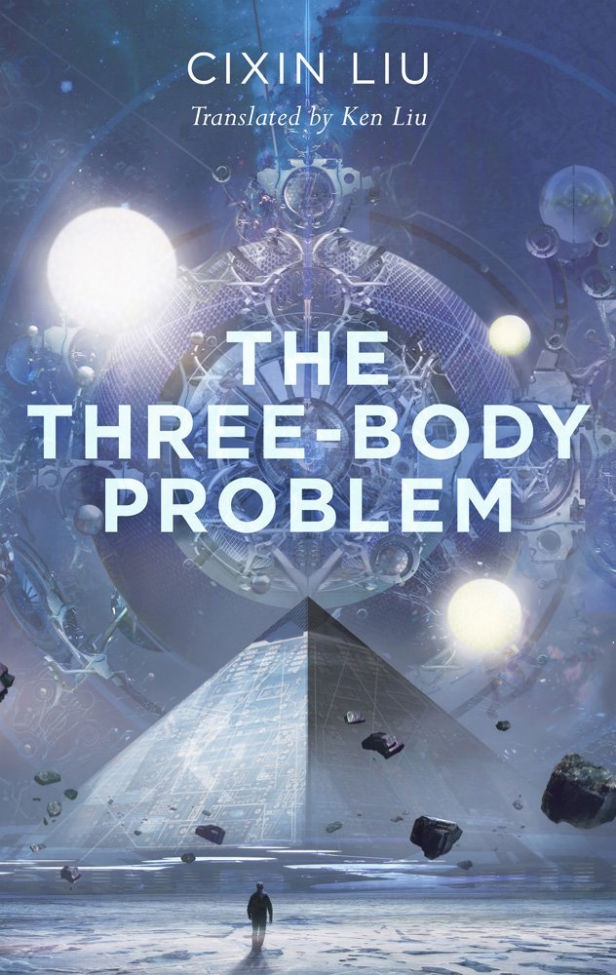
The story starts in the late sixties, amidst Mao’s great leap forward. Scientists and intellectuals are coerced to conform to the regime’s brutal thought processes. Meanwhile, the military has started broadcasting missives into space, in the hope that if and when an alien civilization comes to earth, they would interface with the Chinese first.
One such civilization indeed intercepts this message, and their planet is in a death spiral, caught in a highly unstable orbit in a system with three stars. They plan to invade earth and supplant humanity, and need Earth to remain at its current level of scientific progress until they reach. They use an ingenious method of frustrating scientists to achieve that.
Meanwhile, on earth, multiple groups form; some want to welcome the alien overlords and help them eliminate humanity as retribution for all the injustices humanity has wrought. The other group wants to stop the aliens.
This book has seen several rave reviews, and has been nominated for both the Hugo and Nebula awards. But despite that, the book is tedium personified. The writing is bland and dispassionate, while the characters are like black-and-white cartoons, who seem to have no trace of empathy or emotion.
The most jarring is the main antagonist. I can understand being a misanthrope when witnessing first hand the brutal murder of ones own family in the name of a cultural revolution. But being a misanthrope is far removed from deliberately causing the death of your husband, and being instrumental in the potential eradication of the human race.
The story itself focuses on science and technology, with almost religious fervour. The pacing is patchy, and the author has this weird habit of leaving narratives dangling, and coming back much later to fill in the blanks. The whole storyline is a bare-faced rehash of “The Gods Themselves” by Isaac Asimov, with a generous dollop of Chinese history thrown in, from the warring states period to the cultural revolution.
Hard pass. Despite all the laurels, I will not be continuing this trilogy.
